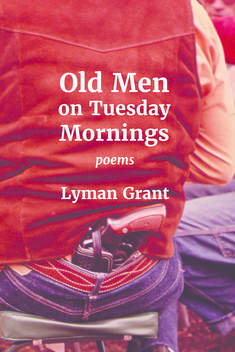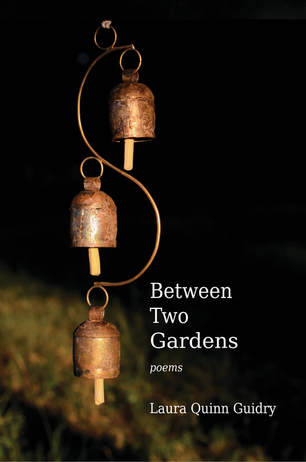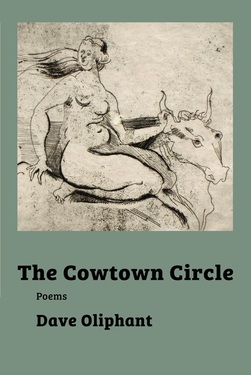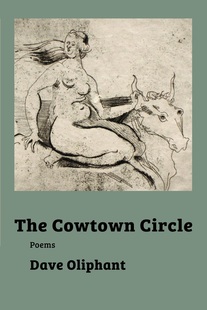
The birth of Old Men on Tuesday Mornings goes back to the late 1980's when in my mid-thirties I decided to re-commit myself to my teenage dream of being and living like a poet (whatever that meant). I was part of what was then called "the men's movement," and I joined an informal poetry group comprised of John McElhenney, Bill Jeffers, David Jewell and maybe a couple of other men. We were all associated with The Austin Men's Center, whose founder was John Lee. And all of us were involved in someway with MAN! Magazine, a pretty successful newsstand publication at the time. Times changed. The men's movement was mainstreamed. Lives changed. John Lee left Austin and had a career as a public speaker, group leader, and teacher in men's issues and recovery. But we all remained friends even though we seldom saw each other. Time passed. Then in the fall of 2014, John Lee has returned to Austin, and we found ourselves available and eager to start another poetry group. For a couple of years, I had been writing prose, not poetry, so I was certainly ready to pick up the habit again. Our process was simple: mostly we met at John's Lee's house, talked about what we had been thinking, read some poems, wrote a draft of a poem, shared it. And then, in my case at least, I went home and revised it, if I could. We met for about six months then lives changed again, but these men had gotten me writing poetry again.
Do you write every day to a schedule, or do you write in bursts and sprees?
I work full-time and have a family, so I don't have a regular writing schedule. This book was written at first a poem a time, maybe two a month. Then the summer of 2016, I was able to protect a regular routine for a couple of months, while reading and studying the late poems of Jim Harrison, so he is kind of muse for much of this book.
Give us an idea of your writing method. First draft by hand or by computer? Do you outline or improvise?
My method varies. Some of these poems evolved from general conversations with my friends, say, a physical ache or a regret. We would write in a notebook. I am not a fast or inspired writer, so I revised those poems a lot. I wrote other poems inspired by Jim Harrison's poems. In the morning, I would read three or four or more poems. Feel what was provoked, come up with a first line, then (like William Stafford suggests) follow where that line leads. By noon, I would have a pretty good draft that I would tinker with for weeks. All of that would have been in front of a computer. For others, I might have a line or title that rattles around in my head for weeks until a second idea joins it and gives it direction, and that method would be to write a few lines by hand on an envelope or receipt that I hope I don't lose before I can get to the computer.
What are your four or five (or ten) favorite books?
Wow. There are too many. Related to this book are
- The Half-Lived Life, by John Lee. The Flying Boy, his first book, got me into men's work in the first place.
- In Search of Small Gods and Saving Daylight, by Jim Harrison.
- Samuel Taylor Coleridge's conversation poems have always been important to me, but particularly so in one long poem in the book.
- Meditations by Marcus Aurelius and The Encheiridion by Epictetus. I think Stoicism befits an older man.
Other books in the past;
- Zen and the Art of Motorcycle Maintenance and Lila by Robert Persig.
- Shadow Dancing in the USA, by Michael Ventura.
- Mere Christianity by C.S. Lewis.
- Zorba the Greek, by Nikos Kazantzakis.
- Poems by Robert Bly, Rumi, Kabir, Rilke, James Wright, Franz Wright, Spencer Reece, Bill Jeffers, Brigit Kelley, Sharon Olds, Naomi Nye, and Jill Alexander Essbaum Peng.
If you could be any character in a work of literature, who would you be?
John Ames in Gilead by Marianne Robinson. Or Walt Whitman in Song of Myself.




 RSS Feed
RSS Feed